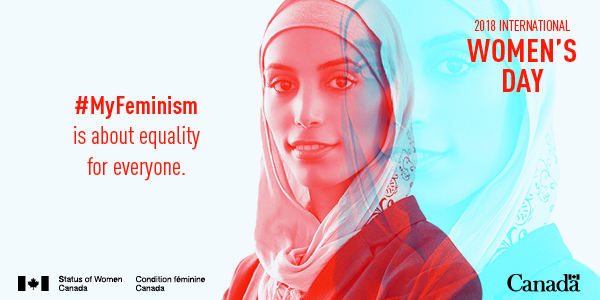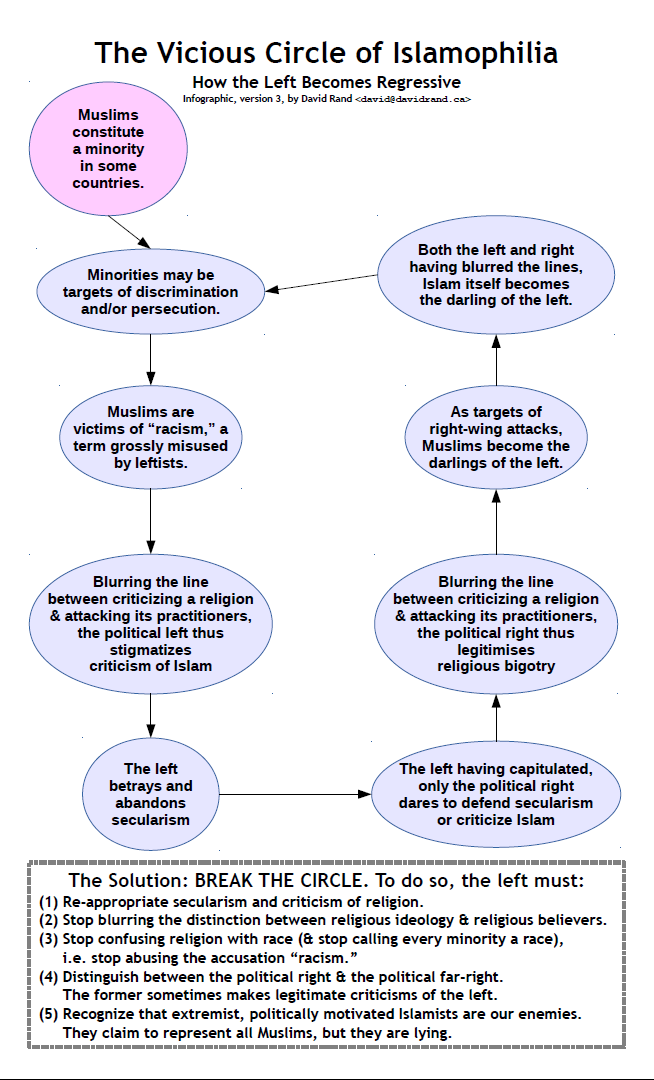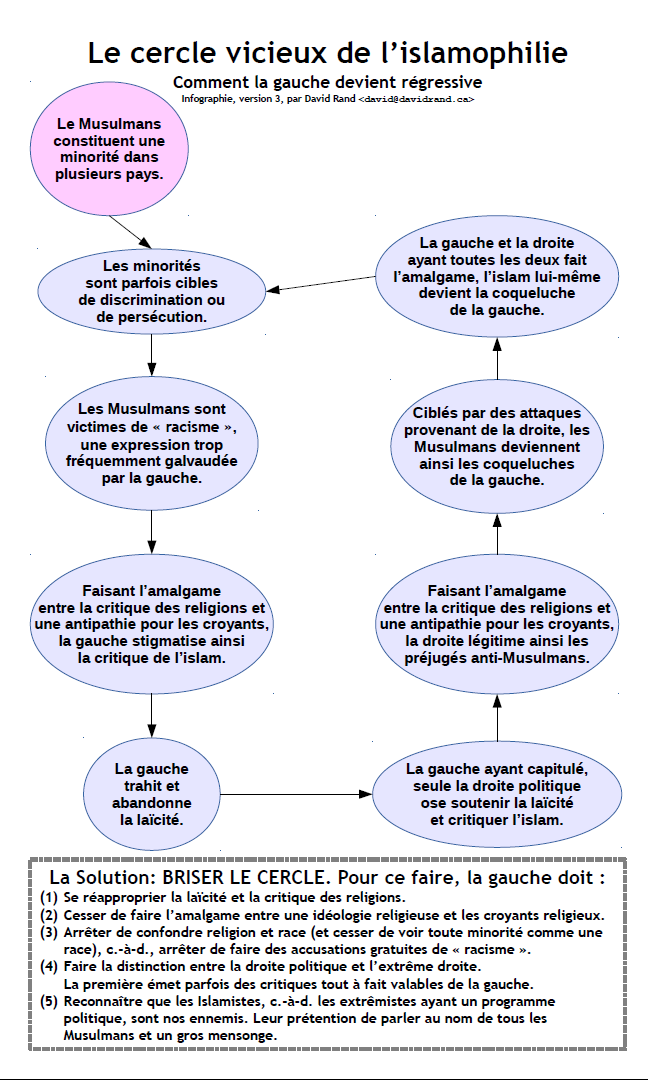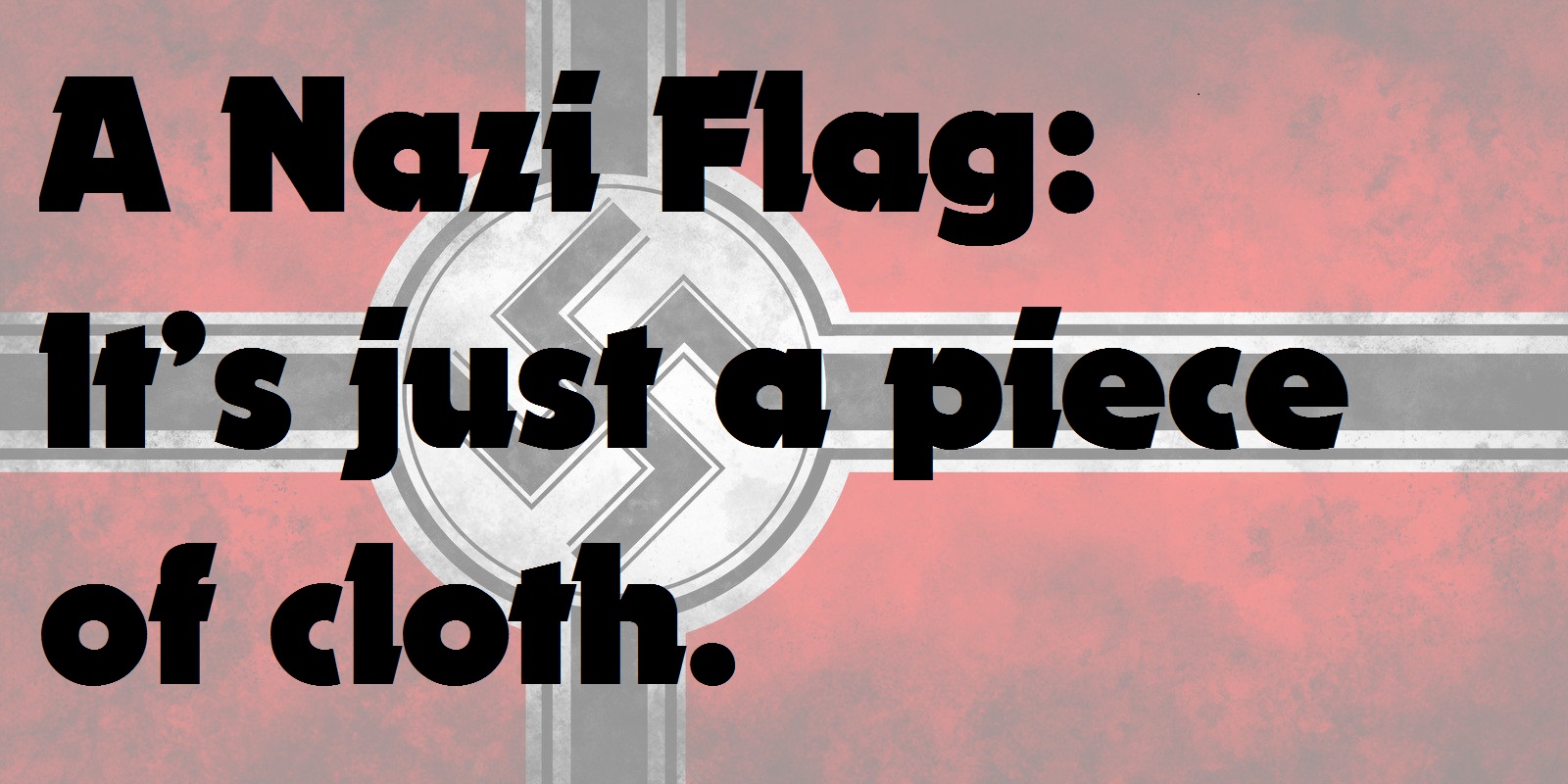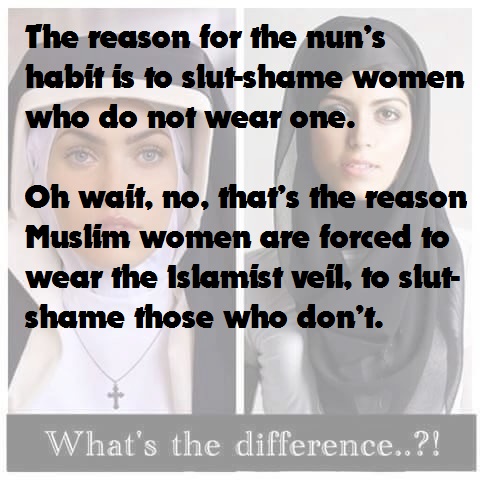We Need It Now More Than Ever
2018-04-23, minor changes 2018-04-24
A consideration of three major issues raised by David Silverman: the utter baselessness of god-belief, the importance of calling oneself an “atheist” and Silverman’s rejection of Jewish identity.
Sommaire en français Je considère trois questions importantes soulevées par David Silverman : l’absence totale de fondement pour la croyance en dieu(x), l’importance de se dire ouvertement athée et son rejet de l’identité juive.
I first envisaged writing this blog several weeks ago, before I heard about David Silverman being temporarily suspended and then definitively terminated from his position as president of American Atheists. I see no reason not to go ahead and write it, but I feel compelled at least to mention those somber recent developments. David claims to be innocent and, frankly, I see no reason to doubt him. In addition to the well established principle of assuming innocence until proven guilty, I have at least two reasons: (1) the vagueness of the charges I have heard so far; and (2) the fact that the current socio-political context is replete with examples of false or exaggerated accusations of various kinds.
Of course some accusations are true, but which ones? In some cases (such as Wienstein or Cosby), evidence is overwhelming and undeniable, but that is often not so. Indeed, it is because of all the dubious accusations poisoning current political discourse that it has become more difficult to distinguish reality from fanatically invented fiction. It has become commonplace for accusers to throw all nuance out the window, so that criticism becomes demonization and the work of the accused person is anathematized. I reject such puritanical excesses.
Until I see some solid evidence, I will withhold my judgement. Now to the topic at hand.
Recently I had the pleasure of hearing David Silverman deliver a powerful speech on the subject of his trademark “firebrand atheism.” It was in Warsaw, in a small theatre-like hall in the Polish Academy of Sciences, during a session, entitled “We, The Atheists,” of the Days of Atheism 2018. David’s delivery was forceful, even charismatic, and his subject perfectly appropriate to the occasion. As I wrote in a recent AFT blog about Days of Atheism 2018:
… the highlight of this series of talks was the rousing speech by David Silverman whose “firebrand atheism” is resolute and determined. He criticized and mocked the idea that there is any doubt whatsoever about the complete falsehood of god-belief. Furthermore, he emphasized the critical importance of identifying oneself by the term “atheist” rather than other wishy-washy and/or poorly understood epithets such as “humanist” or “freethinker.” Paraphrasing his message: “Because I am a true humanist, I call myself an atheist, not a humanist.” David’s highly effective and dynamic delivery and his unapologetic approach to atheism reminded us why he is Atheist of the Year 2018!
Later, in conversations over dinner during the convention banquet, we briefly discussed David’s attitude towards Judaism and his opinion that there is no such thing as a Jewish Atheist.
These three issues raised by David Silverman: the certainty of atheism, the importance of the “atheist” label and the futility of ethnicities such as “Jewish” all resonated with me strongly because they reflect ideas I have thought and written about myself. David’s perspective throws new light on these issues, while confirming and adding nuance to the conclusions I had already reached.
The Certainty of Atheism
First of all, we are not talking about absolute certainty, of the sort which exists only in abstract pure logic, or in the pretentions of religious dogma. I am talking about scientific certainty, or certainty beyond a reasonable doubt, where the probability of truth is extremely close to one. In the case of theistic religion, we should look at it from the opposite direction: what is the probability of the existence of any given god? Given that evidence is completely lacking, that probability is at most a number infinitesimally close to zero. Then, when we take account of the contradictions within each theism and the between competing theisms, that probability is reduced to zero. As David Silverman makes it clear in his talk, there is no room for doubt: “God” does not exist. In no other field, other than religion, would anyone even consider such a baseless hypothesis. It is time that we started applying to religion the same rigorous analysis which is normally applied in all other fields.
I have made this point in several writings in the past. For example, in Why We Are Not Agnostics, I criticize agnosticism because of its inherent a priori assumption of some non-negligeable probability of the existence of god(s). This error is especially serious in the case of what I call symmetric agnosticism which is based on the fallacy of the mean, assuming a probability of 50% from the get-go, without justification, something which even honest theologians would not dare to do. The doubt which is the basis of agnosticism is a method, not a final position. When that method of doubt is applied to any god-belief, the unavoidable conclusion is that belief is utterly baseless. Atheism is therefore a certainty until such time as theists come up with something to support their outrageous assertions.
The Importance of Calling Oneself “Atheist”
The very strong, very old and very well established prejudice against atheists, i.e. atheophobia, is an extreme form of religious bigotry. It is an essential aspect of theistic dogma, as each theism claims a monopoly on morals. Some atheists have concluded from this that we should avoid calling ourselves atheists publically. This is exactly the wrong approach; it is a recipe for hypocrisy and stagnation. We must boldy assert our atheism in order to oppose and weaken atheophobia. I have made this point in several writings, in particular in Atheophobia, An Ancient Prejudice, and Yet So Prevalent Today, where I define the term in some detail, and in Secular Atheophobia, where I discuss the problem of atheophobic attitudes even among the non-religious.
In his Warsaw talk in March 2018, David Silverman expressed it something like this: Being a true humanist, he calls himself an atheist rather than a humanist, because it is use of the label “atheist” which best challenges religous bigotry. Furthermore, says David, emphemisms such as “humanist,” and “freethinker,” etc. are poorly understood, or completely misunderstood, by the public, but everyone knows what an atheist is! I would express it thus: A humanist is just an closeted atheist, too cowardly to come out. The word “agnostic” is even worse, because it gives theism credit which it does not deserve. See the previous section of this blog!
Rejecting Jewishness
In an article in the online Tablet Magazine, Can You Be an Atheist and a Jew at the Same Time? David Silverman Says No., David Silverman’s views on Jewish identity are explained. He argues that Jewishness is ultimately a religion, only a religion, not a race or ethnic group. Once a person rejects the religion of Judaism, Silverman argues, that person is no longer a Jew. He asserts, “I am not a Jew. I am a child of Jews.” If one does not practice the religion Judaism, then one should abandon the Jewish identity.
I have expressed similar ideas, but from a different perspective. I would argue that if one continues to consider Jews as a so-called “race” or ethnic group, then it is important to distinguish that identity from the religion of Judaism. If that clear distinction is not made, if “race” and religion are conflated, then criticizing the religion becomes confused with antisemitic racism. Indeed, the importance of this distinction is a major problem with using the term “Islamophobia” as if it were a form of racism.
Indeed, this is precisely why Islamist ideologues promote the word “Islamophobia”: to conflate race and religion is exactly their goal, so that criticism of Islam can be dismissed as “racist.” Islamists want to create the same confusion between “Islam” and “Muslim” as already exists between “Judaism” and “Jewish”. What is needed, on the contrary, is to make the distinction clear. Jewish or Muslim identities have nothing to do with race because they are not immutable. A person’s religion is a choice, or at least should be. That is why the right to apostasy (to change one’s religion) is so important, and why the criminalization of apostasy in many Muslim-majority countries (punishable sometimes by death!) is such an egregious and dangerous violation of freedom of conscience.
Furthermore, David Silverman’s observation that a child of Jews is not necessarily a Jew is extremely important for the freedom of conscience of that child. Religion is not an inherited characteristic, it is a learned one. It is by a process of indoctrination that children end up in the same religion as their parents. This cycle must be broken by protecting children from such indoctrination. That is indeed is one of the purposes of universal public education. We must avoid such tendentious expressions as “Jewish child” or “Christian child” or “Muslim child” or even “atheist child.” Children must not be labelled by the choices of their parents. It is only when they reach maturity that they can make informed choices for themselves.
Rejecting Communitarianism
One final observation: the label “atheist” must not be allowed to degenerate into an identitarian label as if it were a religious affiliation. The purpose of calling oneself an atheist is to challenge and erode atheophobic attitudes promoted by various religions. It is not an expression of affiliation with a particular community. Atheism is not another religion competing with Christianity, Islam, etc. Rather, it is a rejection of unsubstantiated and dangerous supernatural beliefs, in particular god-beliefs. If one day in the future all theisms have disappeared, then atheism will no longer be necessary.
Next blog: Fairweather Secularists
